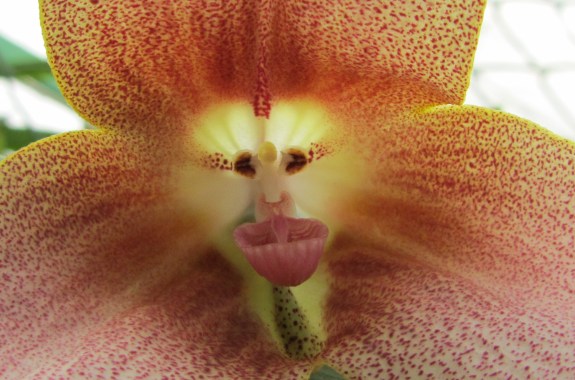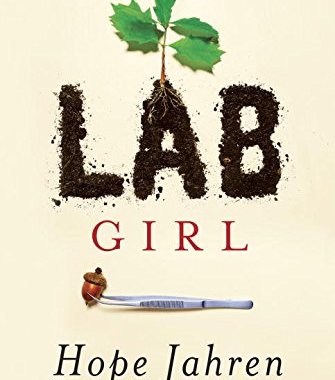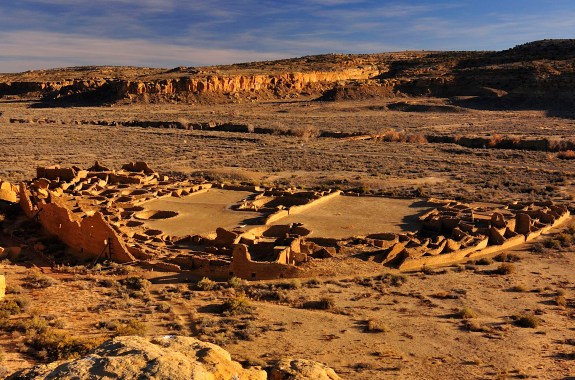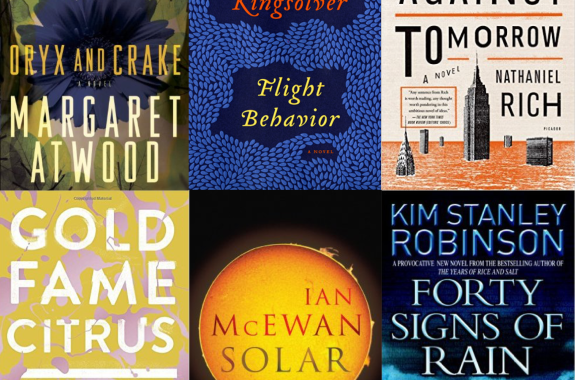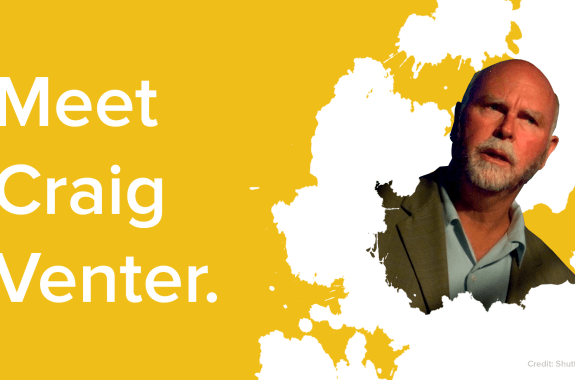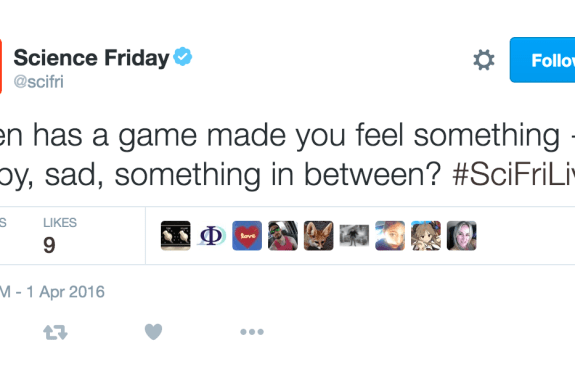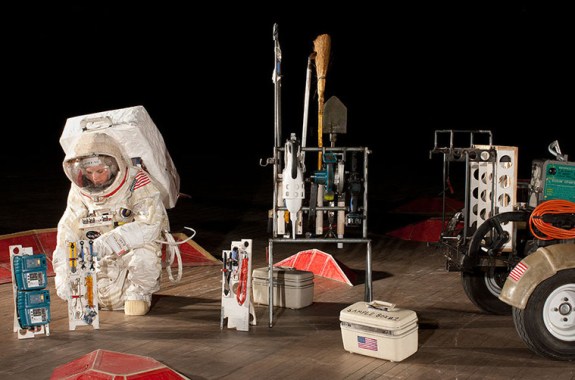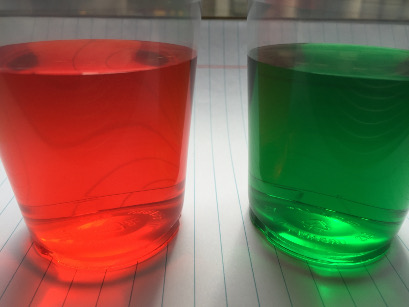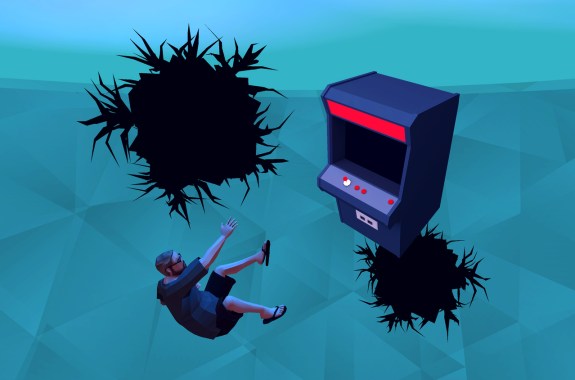On Today's Podcast
Slow Release Of Federal Science Funds Holds Up Research
Some money allocated for scientific research has been restored to the federal budget, but the White House OMB has been slow to release it.
Listen NowFebruary 27, 2026
A new simulation shows large amounts of hydrogen in our planet’s core. Scientists report on what they found in 290-million-year-old vomit. Plus, a comedic play and a 20-year neurology study explore what we can do to prevent dementia and cognitive decline. And, a federal law aims to close the legal loophole that lets stores sell THC products from hemp.
Sex, Lies, And Orchids
With their pungent aromas and vibrant blooms, orchids lure insects, green-thumbs, and romantics alike.
16 Pieces of Pop Culture About Climate Change, From Atwood to Spielberg to the Pixies
Let’s talk about cli-fi!
Discussing What Can Be Done About Mass Extinction
After listening to E.O. Wilson talk about mass extinction, students discuss the problem and possible solutions. They then write a response to E.O. Wilson’s ‘Half-Earth’ proposal. Common Core aligned discussion and writing for grades 9-12.
11:29
Diabetes Drug Prices Tripled in a Decade
The World Health Organization cites lack of affordable insulin as one reason why diabetes patients worldwide are suffering complications and dying prematurely.
16:38
‘Lab Girl’: The Pursuit of Sanctuary, and Science, Inside the Lab
In the memoir “Lab Girl,” geobiologist Hope Jahren unlocks the secrets of plants and the personal discoveries behind the pursuit of science.
11:54
Canvassing Conversations, Animal Organ Transplants, and a Stumble in Providing Internet Access
Changing attitudes through canvassing and the Angolan “Wikipedia Zero” project.
8:06
Climate and the Collapse of Ancient Civilizations
How did climate change affect the boom-and-bust cycles of of ancient Southwest civilizations in the United States?
16:53
Satellite Snapshots Help Pinpoint and Protect The Past
Undiscovered tombs and pyramids can be found right on your iPad—if you know what to look for.
26:12
Telling the Story of Climate Change — In Fiction
Writer Paolo Bacigalupi is using fiction to help us imagine our climate change future—and he’s not alone.
The Search for Peru’s ‘Boiling River’
This Peruvian river in the Amazon had long been considered a sacred healing spot for local shamans, but it hadn’t been scientifically explored until recently.
In a Lawless Desert, a Fight Over Water
In his science fiction book, author Paolo Bacigalupi describes a hellish American Southwest that yearns for water.
The Humble Seed, Waiting to Grow
Author Hope Jahren explains how all seeds, seen or unseen, wait patiently for their chance to flourish.
Craig Venter: Biologist and Minimalist Artist
Creating a bacterial cell with the minimal amount of genes.
This Art Installation Pokes Fun at NASA and Space Exploration
New York sculptor Tom Sachs built “A Space Program” entirely out of materials bought from Home Depot.
Poetry and Science: Can Our Eyes Fool Our Taste Buds?
Engage young learners in science with this poem and simple experiment from The Poetry Friday Anthology for Science for Kids by Pomelo Books.
Scientific Inquiry With Poetry
Explain and engage in scientific inquiry with this poem and investigation from The Poetry Friday Anthology for Science for Kids by Pomelo Books.
Welcome To The Emotion Arcade
A new generation of video games engages complex emotions like empathy, complicity, and grief. Game researcher Katherine Isbister gives a newbie gamer a tour of the “Emotion Arcade.”
17:17
Sorting Out Social Media Feeds
Why did Instagram’s announcement of a new way of filtering its photos set off a public outcry?
07:54
Spot the Spoof Science Study
How good are you at picking out an authentic research study from a spoof?
